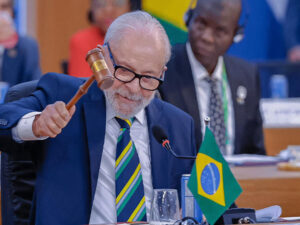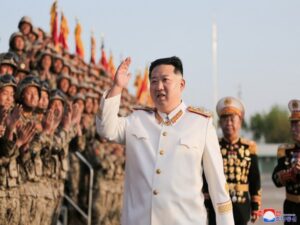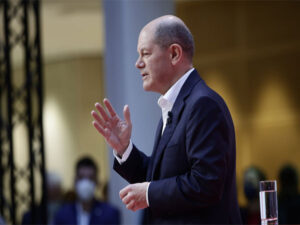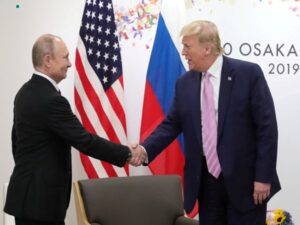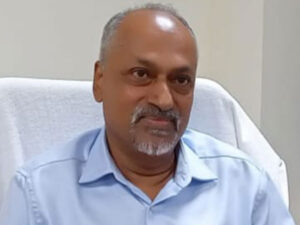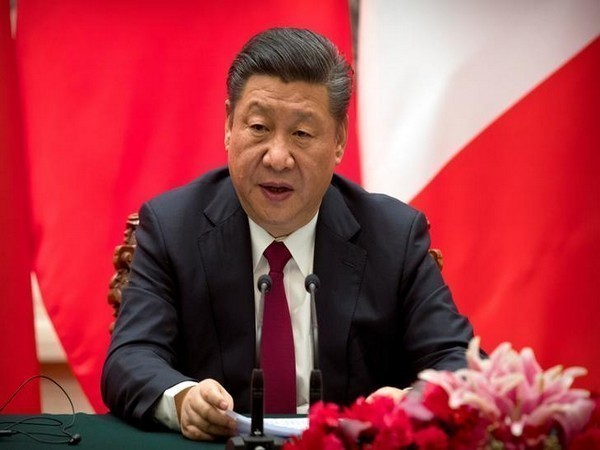
Chinese President Xi Jinping speaks during a joint press briefing with French President Emmanuel Macron, not shown, at the Great Hall of the People in Beijing, China January 9, 2018. REUTERS/Mark Schiefelbei/Pool
Shenzhen [China], July 17 (ANI): China’s ultra-wealthy have been on a philanthropic tear this year, but behind the surge in private gift-giving looms the hand of the Chinese government, says an inernational expert.
Michael Standaert, writing in Al Jazeera said that China’s billionaires are becoming terribly generous of late. In recent months, Wang Xing, the chairman and founder of food delivery giant Meituan, donated around USD 2.7 billion.
Colin Huang, founder of e-commerce giant Pinduoduo gifted around USD 1.85 billion. He Xiangjian of the Midea home appliances empire and Xu Jiayin of the Evergrande real estate empire donated over USD 975 million and USD 370 million respectively, reported Al Jazeera.
But behind this surge of private gift-giving looms the hand of the Chinese government, says Standaert.
China’s entrepreneurs, particularly its tech titans, have been put on notice since Alibaba co-founder and former CEO Jack Ma ran afoul of the country’s leadership late last year and the government unleashed a torrent of regulatory actions and directives aimed at containing their growing might.
Moreover, continuous messaging from state media since Chinese President Xi Jinping visited a museum in late 2020 signalled that China’s billionaires should fall into line, reported Al Jazeera.
More encouragement for China’s entrepreneurs to loosen their purse strings and give back to society was laid out in the government’s latest five-year plan approved in March.
According to Min Zhou, Director of the Asia Pacific Center at the University of California Los Angeles (UCLA), who follows Chinese global philanthropy activities, “There has been a push from the government for entrepreneurs to give back but this push is more top-down, so very different from what’s going on in the Chinese diaspora,” she said.
“I think entrepreneurs like Jack Ma who have wanted to follow the more Western philanthropic model, making his own foundation and attaching his name to philanthropic causes pertaining to education, [is in conflict with] the Chinese Communist Party (CCP) feeling profoundly uncomfortable with that because education is something that they are overseeing,” Emily Baum, an associate professor of Chinese history at the University of California Irvine told Al Jazeera.
There is some danger in how far Xi and the CCP are willing to push, say analysts. A climate of fear could stifle entrepreneurial efforts and innovation for the current business elite, leaving them looking more for ways out than for their next business success, wrote Standeart.
“Private enterprise owners, especially in the last three years, feel these things looming like the state could snatch their assets,” said Tom Cliff, a senior lecturer at Australian National University who has studied business elites in China.
For the CCP and the elites that buttress the political system, rising wealth inequality is seen as a threat to their grip on power, say analysts.
Moreover, once Xi ascended to the apex of Chinese power in 2012, he pushed forward laws to curtail activities outside of direct CCP and government oversight. (ANI)











